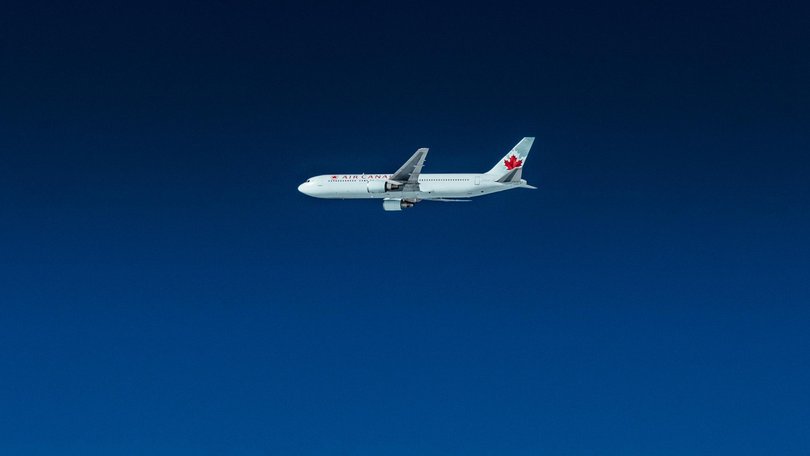THE ECONOMIST: Boeing enjoys a Trump bump

Boeing’s reputation for reliability in recent years has been earned not by the performance of its products, but by its ability to generate unwelcome news. So the first few months of 2025 have come as something of a relief. The American aerospace giant has mostly been the bearer of good tidings in the shape of growing orders for planes, legal woes set aside and military contracts won. After a long period of largely self-inflicted trouble, there are signs the clouds may be parting.
A share price nearly 15 per cent higher than at the start of the year has cheered investors. Compared with the year before, first quarter revenue rose by around a fifth and net losses were far lower. Strong orders for new jets culminated on May 14 in Boeing’s biggest-ever for wide-bodied planes — 160 aircraft for Qatar Airways, ordered after a visit by Donald Trump. The mood is summed up by Ron Epstein of Bank of America as one of “cautious optimism”.
The latest reason to be thankful is a deal with America’s Justice Department, announced on May 23, that lets Boeing avoid prosecution for two fatal crashes of 737 max passenger jets over six years ago. To the chagrin of some victims’ families, who feel Boeing has got off lightly, the firm will avoid a trial that might inflict further damage to its reputation. Avoiding being branded a corporate felon, which might have made it ineligible for future defence contracts, is an “enormously good outcome” for Boeing, says Andrew Charlton of Aviation Advocacy, a consultancy.
Sign up to The Nightly's newsletters.
Get the first look at the digital newspaper, curated daily stories and breaking headlines delivered to your inbox.
By continuing you agree to our Terms and Privacy Policy.Putting the consequences of the crashes behind it is a relief. The more onerous task is to improve safety practices and restore a culture of engineering excellence, which had for years taken a back seat to returning cash to shareholders, while also making more planes.
Boeing seems to be succeeding. Production is slowly ramping up, albeit under the watchful eye of Federal Aviation Administration (FAA) officials, who have overseen production lines to ensure safety and quality since a mid-flight door-plug blowout in January 2024.
Boeing is still not making 737 Maxs at the FAA’s capped rate of 38 a month, but it should do so soon. It then hopes to gradually increase production to 57 a month by the end of 2027, a number it once hoped to hit in 2020. Production of long-haul 787 Dreamliners, which was also once hampered by quality problems, is rising as well. Even if timelines slip, Boeing is travelling in the right direction.
The sky is clearing at Boeing’s defence and space arm, too. Once consistently profitable, it has suffered annual losses since 2022 as it has struggled to fulfil fixed-price contracts. The first quarter of 2025 was the first in the past three years that the division did not attribute a loss to one of its programs. In March Boeing beat Lockheed Martin for a contract worth over $US20 billion ($30.1b) to develop the F-47, a new fighter jet for the us Air Force. It is still in the running for another to replace the F-35 jet.
For America’s biggest exporter, Mr Trump’s trade policies have not proven as bad as might have been expected. China’s retaliatory ban on deliveries of Boeing planes was lifted after a 90-day truce in the trade war. A trade deal with Britain has brought with it an order from British Airways’s parent company.
Even in an industry with a globalised supply chain the cost of tariffs on imported parts is not devastating, put at between $US300m-US500m this year. Some of this Boeing may be able to pass on to airlines clamouring for new planes.
The trade war could still go on to hurt Boeing, of course. Despite huge backlogs at both firms, it is still far behind its duopolist rival, Airbus, in production and orders. And its unerring talent for self-harm may manifest again. But for now, Boeing is in a steady ascent.
